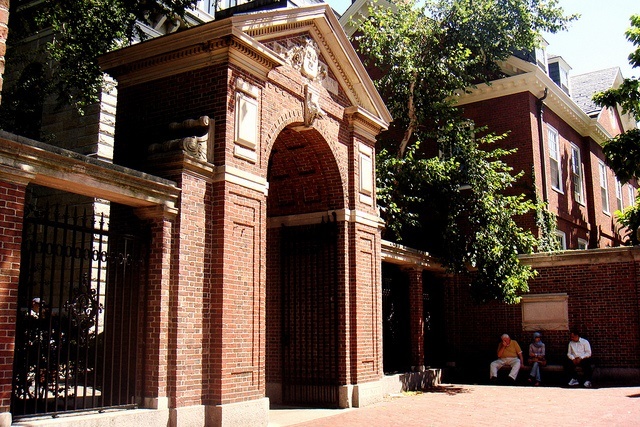A new program at Harvard University, based in the university’s School of Education, is being characterized by its creators as establishing a practical, effective, and nationally replicable teacher preparation model that emphasizes content and gaining practical experience, instead of utilizing more-theoretical classes about the history and philosophy of education.
“Teaching schools have fallen short of what high-needs urban schools require,” said Stephen Mahoney, a professor in the Harvard Graduate School of Education.
Private donors contributed $18 million to support a fellowship spearheaded by Harvard Graduate School of Education Dean James E. Ryan. A fellowship that will launch on January 26 will place 24 or more seniors in a spring semester foundations course. One week after the fellows graduate, they will begin a summer immersion program through the education school, which will run from June 1 through mid-August.
“Over the last few years there has been a lot of attention on the idea of teacher effectiveness and how we make sure teachers in our classrooms are effective,” said Sandi Jacobs, vice president of the National Council for Teacher Quality. “There’s a lot of evidence, mostly from teachers themselves, that a lot of the [current] training doesn’t really prepare people to be ready. … We force our new teachers to sink or swim.”
Less History and Philosophy of Education
The Harvard education program rejects the traditional teacher preparation model, which sets would-be teachers on an education track in the second or third year of college.
“The logic is that we are pulling into teaching Harvard students who have been primarily excited by the content of their discipline while they are undergraduates,” Mahoney said. “We don’t want to burn up course time with education classes. … It’s more that we need to have really smart, structured, reflective experiences with teaching and learning, not as much history and philosophy of education.”
The program has several nonverbal agreements with school systems and two formal agreements for student placement in Leadership Public Schools in Oakland, California and Uplift Education in Dallas, Texas, both public charter school networks.
“We are thrilled to be selected as a site for Harvard’s teacher training program,” said Yasmin Bhatia, CEO of Uplift Education. “Uplift educates some of the highest-need students in North Texas, and we are always looking for innovative ways to bring high-quality teachers into our network. By partnering with the Harvard Graduate School of Education, we know these teaching fellows will be receiving in-depth and comprehensive best practices that will translate into the classroom to help students achieve.”
High Expectations
Expectations for those who participate in the program are high. Fellows are asked to commit five to seven years of teaching at placement schools.
Mahoney hopes for 90 percent of students in the program to pass, with the program expanding to 70–75 students in the next three or four years.
“These kinds of programs are really important in what we can learn from them, but whether this is a large-scale solution remains to be seen,” Jacobs said.
Ashley Bateman ([email protected]) writes from Alexandria, Virginia.
Image by amy gizienski.




